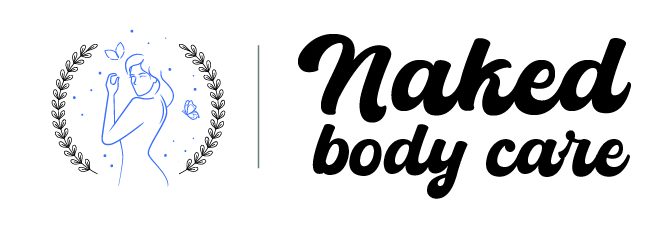Are you tired of having a greasy head despite regularly washing it? Do your hair look dirty, dull, and tangled within a few days of cleaning it? It’s time to do something about your oily head. Sebaceous glands cause oily scalps during monsoons, also called oil glands. The gland keeps the skin hydrated by producing oil (sebum). The gland can produce excessive sebum, producing an oily and greasy scalp.
The most common causes of excessive sebum or oily scalp include:
– Stress
– Hormonal imbalance
– Wrong diet
Overconsumption of oily foods
Extreme weather conditions
Improper hair care
An oily scalp is a problem during the monsoon season, as rainwater contains pollutants that can damage hair follicles. This can make your scalp an ideal breeding ground for various fungi. Sweat and oil are deadly, so you must be extra careful.
Take your time buying everything you see. Avoiding harsh chemicals can be the best way to treat an oily head. Chemicals can cause hair problems and even infection. You can cure your oily scalp without using chemical products.
Wash your hands every day.
It is essential to keep the scalp clean to get rid of excess oil. You should wash your hair daily with mild shampoo to remove all impurities. The best shampoos that contain all the vitamins and nutrients essential to combat oily scalp will make fighting the problems associated with oily hair easier. These shampoos will help you to prevent hair loss and control dandruff. You will see a gradual improvement in your hair and scalp condition with regular use.
Oil is the best way to combat oil.
Hair oils can help to cure an oily head. Hair roots and strands become weaker during monsoon due to high humidity. This leads to hair loss and curly hair. Massage the scalp with oil to strengthen the roots and stop hair fall. Heat oil can be used to treat greasy scalps. Warm Dabur Almond Oil. Gently massage the apple cider vinegar into your scalp. Rinse with water and 2-3 tablespoons.
Home remedies are the best:
You want instant relief for your hair problems but should experiment with only some available products. It would be best to opt for natural remedies and homemade solutions, as they are safe and natural. They also provide instant results. Boil a handful of mint leaves in a liter of water for 15 mins to treat an oily scalp. After the water cools, you can use it to rinse your hair. When applied to the skin, mint is a natural antiseptic that reduces excessive oil production and cools the skin. Mixing an egg yolk and a few drops of freshly squeezed juice will also help treat oily hair. Lemon’s acidic qualities will help to reduce excessive oil production, while eggs will give your hair a natural shine. This remedy should be used 2-3 times weekly for best results.
Tea for hair
The benefits of tea for hair are as great as they are for health. Rinse with a tea mixture diluted after shampooing. Tea contains tannic acids, which act as astringents and help reduce oiliness on the scalp. This tip can be used to treat oily hair and scalp. Boil tea leaves with a glass of water. After the tea water cools, apply it to the hair and scalp. Rinse the hair and scalp with shampoo and water. This treatment will help strengthen hair roots to produce thicker, healthier hair.


